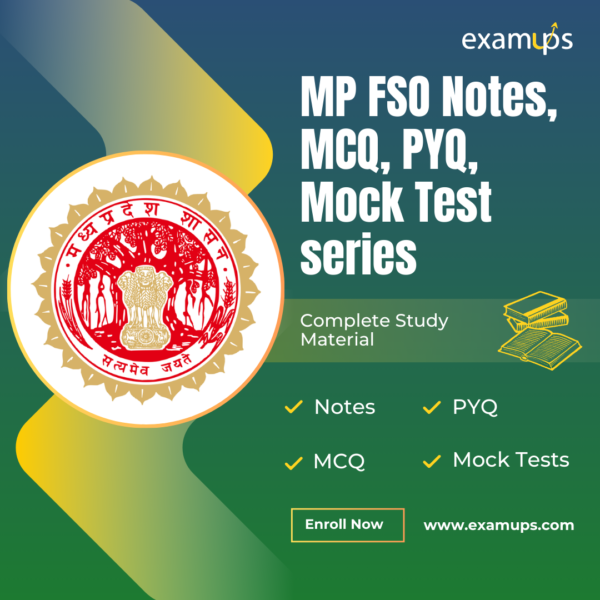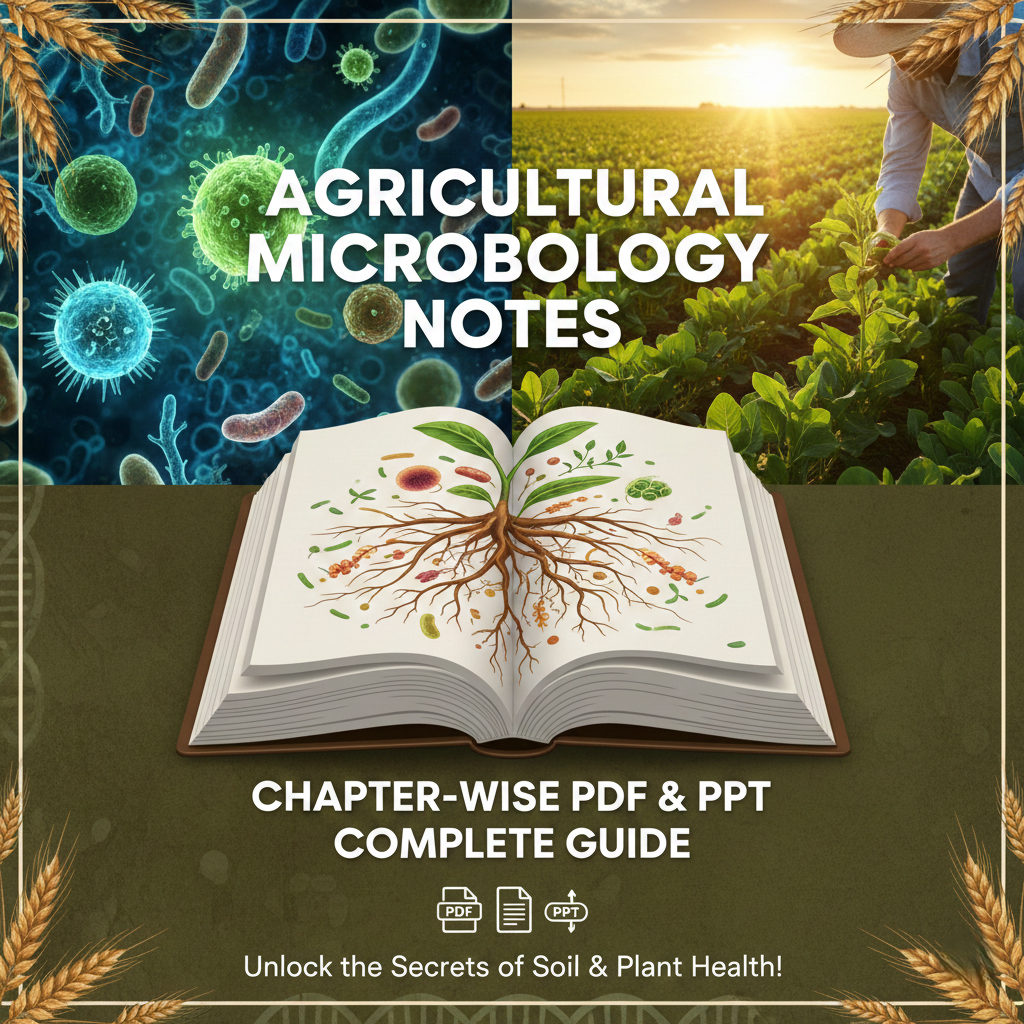
92nd Foundation Day & Award Ceremony
https://youtu.be/h7iNiSSC2qUICAR
The Indian Council of Agricultural Research (ICAR) is an autonomous body responsible for co-ordinating agricultural education and research in India. It reports to the Department of Agricultural Research and Education, Ministry of Agriculture.
The Union Minister of Agriculture serves as its president. It is the largest network of agricultural research and education institutes in the world.
The Committee to Advise on Renovation and Rejuvenation of Higher Education (Yashpal Committee, 2009) has recommended setting up of a constitutional body — the National Commission for Higher Education and Research — which would be a unified supreme body to regulate all branches of higher education including agricultural education.
Presently, regulation of agricultural education is the mandate of ICAR, Veterinary Council of India (Veterinary sub-discipline) and Indian Council of Forestry Research and Education (Forestry sub-discipline).
The UPA government has included Yashpal Committee recommendations in its ‘100 days agenda’. premier institute of agriculture in India
History/Milestones
- As of July, 2006 it has developed a vaccine against bird flu. The vaccine was developed at the High Security Animal Disease Laboratory, Bhopal, the only facility in the country to conduct tests for the H5N1 variant of bird flu. It was entrusted with the task of developing a vaccine by the ICAR after the Avian Influenza outbreak in February. The ICAR was provided Rs. 8 crore for the purpose.
- 2009: In December 2009, it announced that it was considering a policy to provide open access to its research.
- 2010: In March 2010, ICAR made its two flagship journals (Indian Journal of Agricultural Sciences and Indian Journal of Animal Sciences) as Open Access Journals.
- 2013: On 13 September 2013, it announced the Open Access Policy and committed for making all the public funded scholarly research outputs openly available via open access repositories.
- ICAR scientists were the first in the world to sequence the pigeon pea genome. it was a purely indigenous effort by 31 scientists led by Nagendra Kumar Singh of NRCPB. The first draft of the sequence was published in J. Plant Biochem. Biotechnol.
- 2019: ICAR has also published an Integrated Mobile App called KISAAN (Krishi Integrated Solution for Agri Apps Navigation) for Farmers of country Mobile App has interface in 12 Indian Languages.
Accreditation
ICAR provides accreditation to agriculture universities, colleges and programmes, through its accreditation unit, National Agricultural Education Accreditation Board (NAEAB).
The accreditation serves only as a badge of quality assurance. It is not mandatory, is not a form of affiliation or recognition and does not give approval to open an institute or a program. As of 29 July 2019, the NAEAB lists 74 accredited institutes.
ICAR institutions
As of January 2020, ICAR has following institutions:
- 4 Deemed Universities GO
- 65 ICAR Institutions GO
- 14 National Research Centres GO
- 6 National Bureaux GO
- 13 Directorates/Project Directorates GO
-
Product on sale
 MP FSO Notes, MCQ, Mock Test series – Complete Study MaterialOriginal price was: ₹4,999.00.₹499.00Current price is: ₹499.00.
MP FSO Notes, MCQ, Mock Test series – Complete Study MaterialOriginal price was: ₹4,999.00.₹499.00Current price is: ₹499.00. -
Product on sale
 Topic-wise MCQ on Agricultural Marketing, Trade & Prices – Pdf DownloadOriginal price was: ₹299.00.₹49.00Current price is: ₹49.00.
Topic-wise MCQ on Agricultural Marketing, Trade & Prices – Pdf DownloadOriginal price was: ₹299.00.₹49.00Current price is: ₹49.00. -
Product on sale
 Topic-wise MCQ on Principles Of Agronomy & Agriculture Meteorology Pdf DownloadOriginal price was: ₹299.00.₹49.00Current price is: ₹49.00.
Topic-wise MCQ on Principles Of Agronomy & Agriculture Meteorology Pdf DownloadOriginal price was: ₹299.00.₹49.00Current price is: ₹49.00. -
Product on sale
 FSSAI Central Food Safety Officer Notes in English PDF DownloadOriginal price was: ₹499.00.₹149.00Current price is: ₹149.00.
FSSAI Central Food Safety Officer Notes in English PDF DownloadOriginal price was: ₹499.00.₹149.00Current price is: ₹149.00. -
Product on sale
 FSSAI Central Food Safety Officer Notes in Hindi PDF DownloadOriginal price was: ₹499.00.₹149.00Current price is: ₹149.00.
FSSAI Central Food Safety Officer Notes in Hindi PDF DownloadOriginal price was: ₹499.00.₹149.00Current price is: ₹149.00. -
Product on sale
 Topic-wise MCQ on Dairy Science Technology – Pdf DownloadOriginal price was: ₹299.00.₹49.00Current price is: ₹49.00.
Topic-wise MCQ on Dairy Science Technology – Pdf DownloadOriginal price was: ₹299.00.₹49.00Current price is: ₹49.00.








